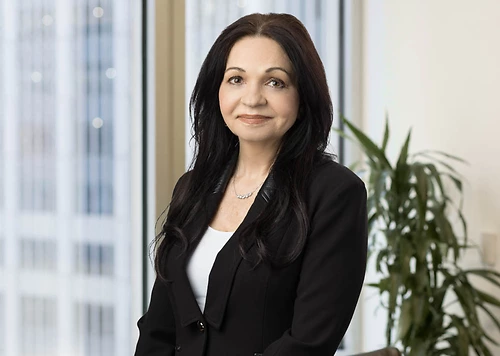One of the primary differences between U.S. laws and the laws in most other countries is that the U.S. recognizes “common law” trademark rights. This means that the first party to use a trademark in the U.S. is likely to be the owner of that mark, regardless of whether that party has registered its trademark. In virtually every other country, use of a trademark is rarely sufficient to obtain trademark rights. Instead, a party will have register its trademark in those countries in order to have trademark rights.
Failing to plan ahead can leave a brand owner without the ability to expand into a foreign marketplace under its brand name. There can be very serious ramifications as well, and there are situations where a brand owner is not only prohibited from entering a certain country, but a third party in that country will have rights to the brand and can build its business off the brand owner’s international reputation. One of the most famous examples is the case of POLO apparel in South Africa. Although consumers purchasing POLO products in South Africa may believe they are buying the Ralph Lauren POLO brand, the brand is actually owned by another party. At a minimum, a brand owner should, as early as possible, apply to register its brand in all countries in which the brand owner does business, intends to do business, manufactures products, or intends to manufacture products and should also have a “trademark watch” service that will alert the brand owner if someone tries to register the brand’s trademark in another country.
Another issue a brand owner must consider is whether it needs to register local word marks that are not in Latin characters in areas such as Asia, the Middle East, Russia, etc., where the local language does not rely on the Latin alphabet. A brand owner must understand not only the local language but also the cultural significance of the translated brand name in order to make the best decision in registering its mark in Asian or other characters. For example, it is not always the best idea to merely find Chinese characters that phonetically sound like the English brand name as those characters can have an undesirable meaning not intended by the brand. A literal translation of an English word mark, on the other hand, may not be a phonetically or visually pleasing mark in the Chinese languages. One must consult with local branding experts in such jurisdictions to create the best non-Latin-character mark for each jurisdiction.
Along these lines, a brand owner should also consider whether the English version of its trademark or slogan has any meaning in a foreign language that is something not intended by the brand owner. For example, when Pepsi went to use its slogan COME ALIVE WITH THE PEPSI GENERATION in Taiwan, the phrase translated to PEPSI BRINGS YOUR ANCESTORS BACK FROM THE DEAD in the local language. McDonald’s was originally going to call its BIG MAC the GROS MEC in France, unaware that GROS MEC was a French slang term for “big pimp”, and Mitzubushi was going to name a sports utility vehicle PAJERO until it realized the word in Spanish referred to a “crazy man who repeatedly pleasures himself into unconsciousness.” Even common words like “quality” in English mean something different in other languages, and brand owners must be careful not to misrepresent their products or services. While a “quality” product in English means a product certain reputable stature, the word in Korean signifies a product that is “brand new” and in Japanese signifies a “perfect” or “flawless” product.
Finally, a brand owner must be aware of local laws when marketing its products and cannot assume that a marketing campaign that was cleared by U.S. attorneys for use in the U.S. market will be acceptable for other markets. For example, using laudatory terms like “best” or “finest” to describe one’s products or business in the U.S. is a common marketing strategy, but these terms may not be used in marketing in Russia, unless the brand owner has verifiable, objective testing to prove that its products or services are indeed the “best” or “finest.” Because it is virtually impossible to prove, through a verifiable test, whether a product or service is the “best”, “finest”, “tastiest”, etc., such terms are rarely used in Russian advertising. The Federal Anti-Trust Authority (“FAS”) in Russia oversees advertising claims and prosecutes companies that violate Russia’s strict advertising laws. In the past, the FAS has found that companies advertising with such claims as “fast delivery” or “low prices” had violated Russia’s advertising laws because those companies did not have verifiable, objective testing to prove these claims were true.
The takeaway is that while there are many legal and cultural similarities around the world, there are still significant differences. A brand owner should consult appropriate legal and other representatives in order to comply with applicable laws and cultural norms in developing and marketing its brand and cannot assume that brand names or marketing campaigns cleared in the U.S. will be legal, or culturally appropriate, in other countries.
- Partner
Mary advises her clients in all facets of brand development, management and protection. Representing clients spanning the fashion, cosmetics, entertainment, financial services, technology, food, restaurant, and general ...





